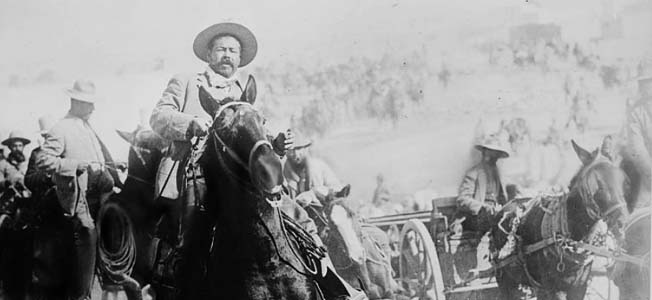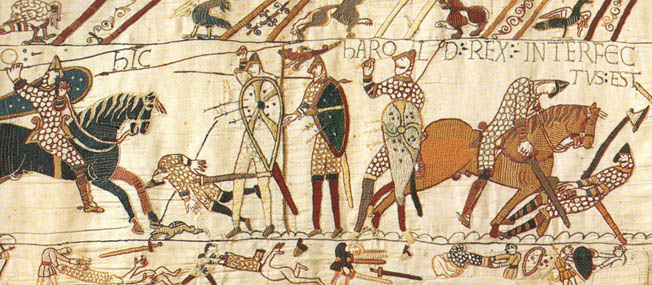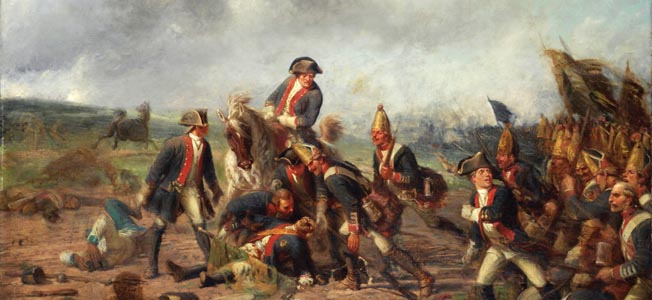By Eric Niderost
Samuel Pepys is best known for the diary he wrote from 1660 to 1669. Because it was never intended for publication, the diary is frank and even ribald. He wrote magnificent eyewitness accounts of such events as the black plague and the fire of London, but modern readers remember him more for his erotic pursuits. In one famous passage, he admits that his wife once caught him making love to another woman.
[text_ad]
But Pepys was much more than just a Don Juan in a curly wig. He was also a great naval administrator, whose tireless efforts helped create a powerful and professional Royal Navy. Born in 1633, he was the son of a tailor, but was lucky enough to receive a good education. Although his family was of modest means, his cousin was Edward Montague, the Earl of Sandwich.
With Montague’s patronage, Pepys was appointed clerk of the acts for the Navy Board. The Navy Board consisted of three commissioners and three civil servants, including a treasurer/comptroller, surveyor, and clerk of the acts. As clerk, Pepys was technically a recording secretary, keeping minutes of board meetings, but over time he realized that he could also be influential in setting naval policy.
Pepys was not averse to taking “presents,” which might be considered bribes today but were commonplace in the era. But he detested the kind of inbred corruption and inefficiency he saw in the Navy, and he did all in his power to help correct these abuses. He did not always succeed, but he never ceased trying.
Pepys distinguished himself from his contemporaries by actually learning about the industry he was about to enter—and in 17th-century England, the Royal Navy was an industry. Shipbuilders, sail makers, rope makers, victuallers (food and drink providers), and slop-suppliers (sailors’ clothing) all depended on Navy contacts. These contracts were often poorly written, allowing for overpricing and shoddy goods. Pepys combated the abuses.

Not content with being a mere clerk, he learned about shipbuilding, rope making, and the best ways to measure timber. Pepys soon discovered that although King Charles II had a genuine love of the sea and ships, he had no comprehensive plan for funding the Navy. Charles was intelligent, but he was too self-indulgent to work hard on anything for very long. The pleasure-loving monarch didn’t want to deal with Parliament, and Parliament was notoriously parsimonious.
In the 1670s, James, Duke of York, was forced to resign as Lord High Admiral because he was a Catholic. Charles appointed Admiralty commissioners to replace his brother and created the post of secretary of the admiralty for Pepys. To have an effective Navy spokesman in Parliament, it was arranged that Pepys be elected a member representing Castle Rising in Norfolk. In April 1675, he gave a speech in the House of Commons about the state of the Navy, and in April 1677, he gave another speech urging Parliament to vote enough money to build 30 new ships. Parliament was usually a tough sell, but he convinced members to vote for the necessary 600,000 pounds for the project. It was a personal triumph for the low-born Pepys.
Pepys was also instrumental in the establishment of the Royal Mathematical School at Christ’s Hospital, which trained 60 boys a year in navigation. These youths would then go on to become officers in both the Royal Navy and on merchant ships. But his greatest success in reform came in December 1677, when he proposed that no young man be appointed lieutenant until he had served for three years, received a certificate from his captain, and passed an examination on navigation and seamanship in the Navy Office. Before this time, a noble pedigree was considered more important than professionalism, and the service contained many aristocratic fops and incompetents, men who might be brave in battle but were not really qualified for positions of responsibility and skill. To his credit, King Charles backed Pepys’s plan, and the first qualifying examinations were held the very next year.
Pepys was appalled by the Medway raid, and for a time he was fearful that many heads would roll—perhaps even his own. He noted gloomily that “I do believe it will cost blood to answer for these miscarriages.” But the Royal Navy recovered quickly from the Medway raid, and by the 1670s it was again strong and powerful. Pepys himself served as a Navy administrator until 1688 but resigned after William III replaced James II in the Glorious Revolution. In spite of some ups and downs in their service, Pepys felt loyal to the Stuarts.
Pepys lived in a comfortable retirement at Clapham until his death in 1703. Today he is held in high esteem by naval historians as a man who laid the foundations of Royal Navy greatness, and by readers of English literature as a nonpareil diarist and sexual adventurer.









Join The Conversation
Comments
View All Comments